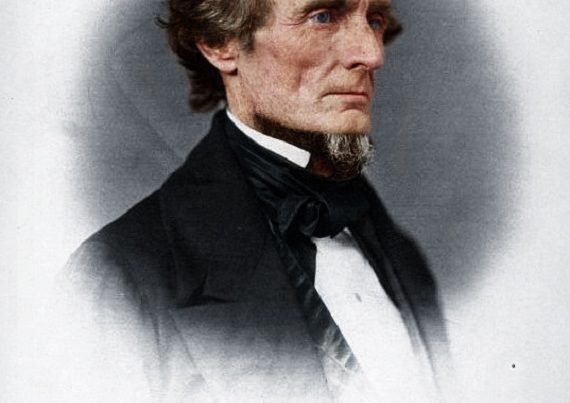The 1861-65 war destroyed the American South’s economic, legal, political and social systems, and afterward ruled the region with proconsuls dispatched from Washington. From this aftermath of war came the invented view of the desolated South – a section known in antebellum times for providing the majority of presidents and exemplary political thinkers — as an uncouth and backward region steeped in laziness and illiteracy.
Stereotyping the South Up North
“Strange notions have developed about the South. It is taken for granted that Southerners are a slow and lazy people. The Abolitionists and Radical Reconstructionists conveyed the impression — and fiction has augmented it — that plantation whites lived in idleness and ease while black hands did labor and chores for them.
The white women of the South are still thought to be lazy, pampered, helpless, spoiled creatures. All this comes out in fiction, shows, movies, and in street corner and parlor conversations. A conventional Southerner has evolved. He is tall, lanky, lazy, slow — except with the trigger finger — speaks with a drawl, says “you all” even to one person, and possesses a sort of insolent dignity.
The South is regarded as a backward, ignorant, hot-tempered and violent section, especially in its dealing with Negroes. Extravagant fictional treatments of the extremes of Southern life are quite generally accepted as accurate cross-section views of the South. In one of the most violent scenes of “Tobacco Road,” as played in a New York theater, an intelligent-looking woman remarked to her companion: “That’s just like the South.” Asked what part of the South she was from, she squirmed in her seat and soon left the theater.
Mud on the Stars, a lurid and patently preposterous story about life in Alabama, was well-received by New York critics. One reviewer said that it is from such men as the author of this filthy story, who incidentally is a self-confessed rake that we must look for information about the real South.
When Stars Fell on Alabama, a grotesque portrayal of life in Alabama appeared, it was widely acclaimed in the North, but when the same author wrote a similar book – Genesee Fever – about a certain community in New York State, the reviewers and commentators of New York were quick to point out that it represented a purely local and extreme situation in the State, and that it contained extravagant overtones and distortions for the purpose of literary effect.”
(One Hundred Years of Reconstruction, A.B. Moore, 1943, Southern Historical Society Addresses)







